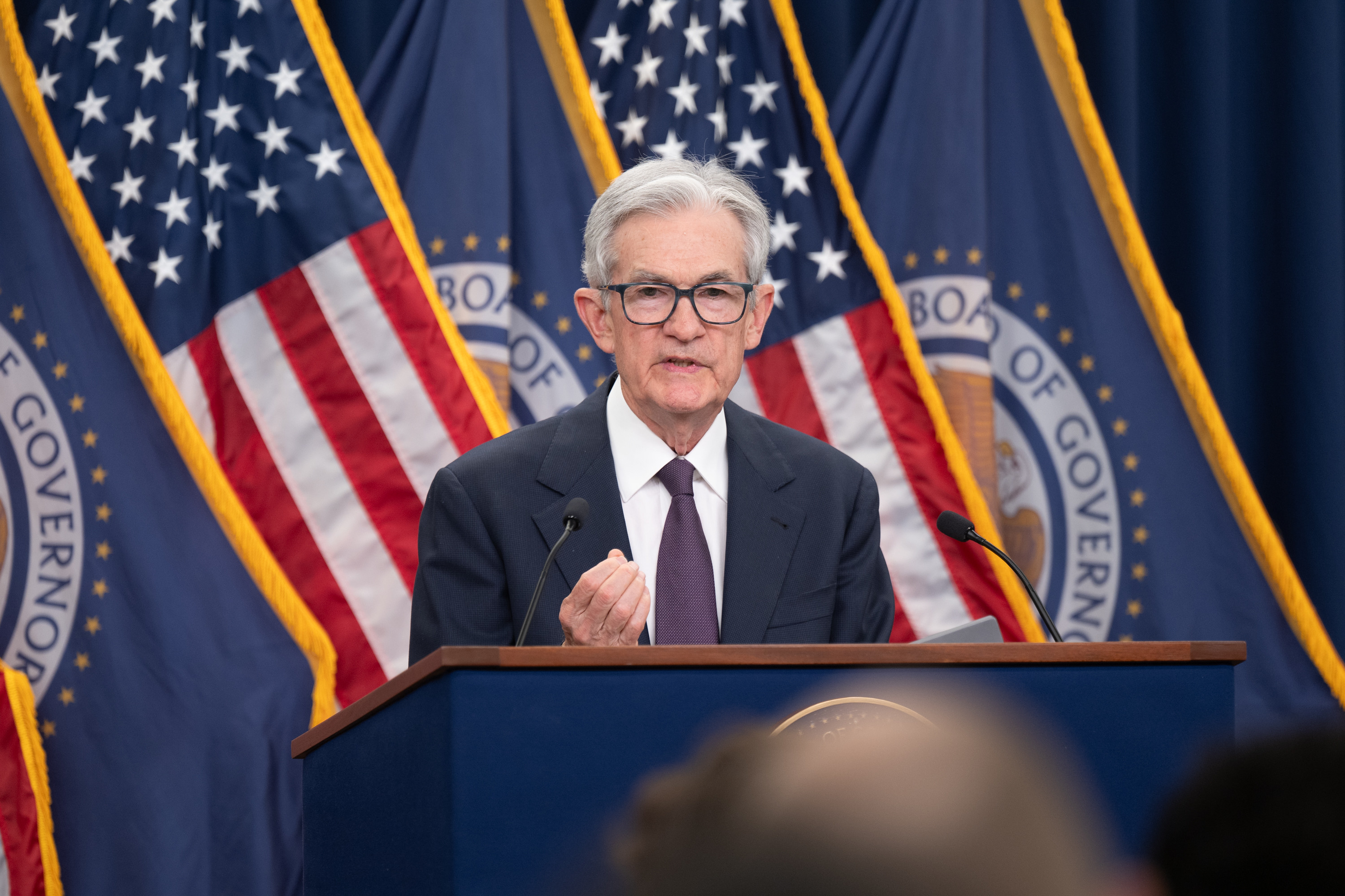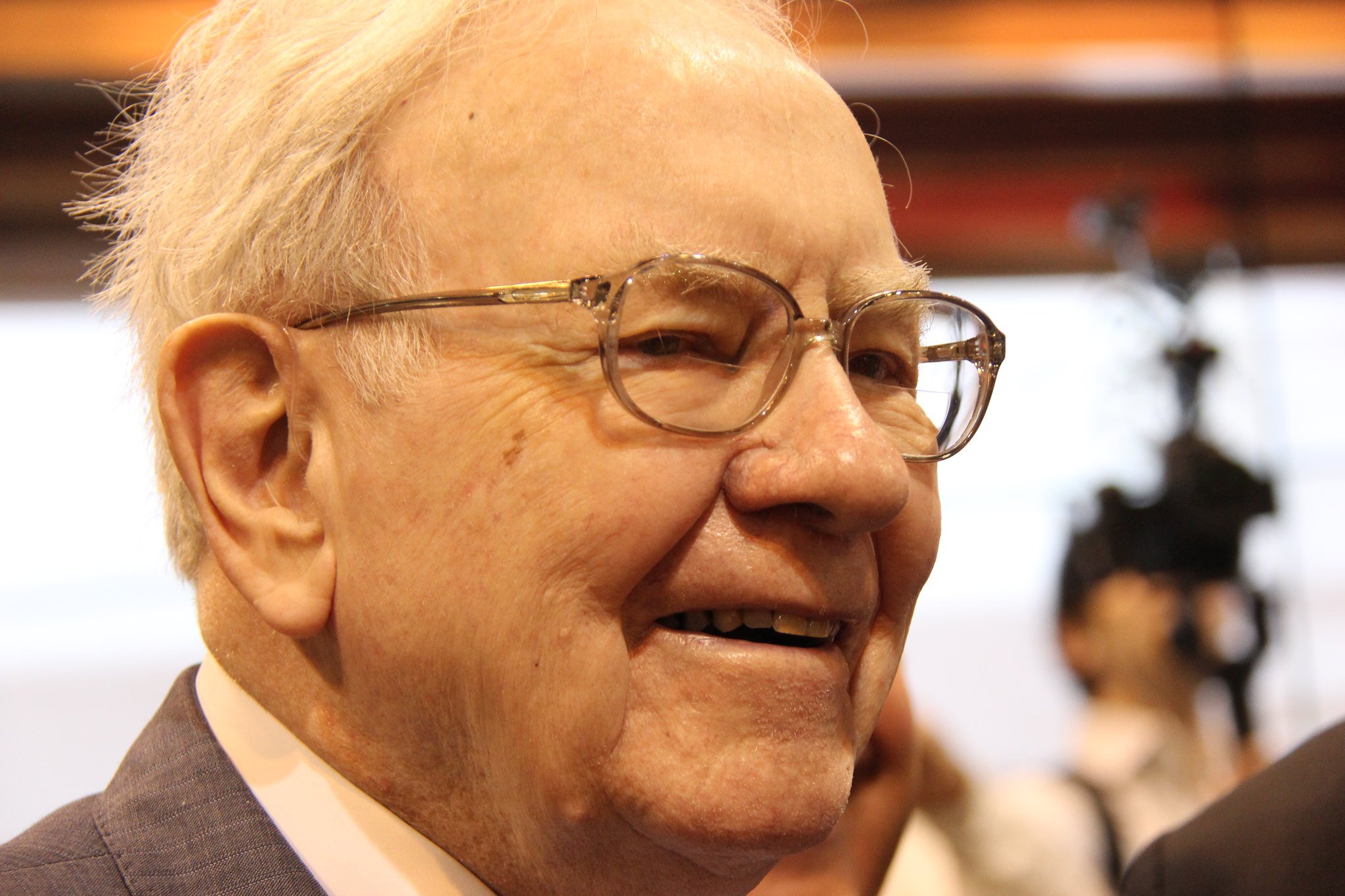Although we don't believe in timing the market or panicking over daily movements, we do like to keep an eye on market changes -- just in case they're material to our investing thesis.
The bearish talk on Wall Street was spreading like wildfire just two weeks ago, when -- brace yourself, reader -- the stock market had the nerve to go down in January. After the irrepressible bullishness of 2013, the sluggish start to the new year sparked a long-lost feeling of anxiety in the markets. That feeling has disappeared for the moment; the S&P 500 Index (^GSPC 1.07%) finished off its best week of the year on a strong note, adding eight points, or 0.5%, to end at 1,838 Friday.
Healthcare instrument-maker Agilent Technologies (A 2.23%) didn't get the memo telling shareholders to be optimistic at all costs. Shares slumped 8% even though the company exceeded profit estimates in the most recent quarter. Agilent Technologies investors, smartly, weren't looking to the past to guide their investment decisions, and this focus on the future didn't mix well with the company's severely disappointing earnings forecast. The electronic-measuring division continues to drag on Agilent's growth prospects, so investors should count their lucky stars that the underperforming segment is being spun off at the end of the fiscal year.
Shares of $19 billion biotech Vertex Pharmaceuticals (VRTX +1.39%) lost 4% Friday despite a lack of worrisome catalysts to blame for the dip. There's always an argument that Vertex's valuation is a bit stretched, considering the company hasn't even managed to turn a profit in the trailing 12 months. But that view ignores the fact that Vertex is in a transitional period right now, as sales of its hepatitis C treatment crater to make way for the company's next big moneymaker, cystic fibrosis drug Kalydeco. My colleague Dr. Brian Orelli argued several weeks ago that investors were right to focus on the future of Kalydeco rather than Vertex's uninspiring fourth quarter.
Lastly, shares of drugstore Walgreen (WAG +0.00%) shed 2.4% as investors gritted their teeth and braced for a potential future without tobacco products offered in the retailer's stores. The precedent was set last week, when Walgreen competitor CVS announced it would stop selling tobacco-based products on October 1 of this year. The company estimated that the new policy would depress sales by $2 billion annually, although the impact on Walgreen's revenue would likely be less; the company sells about $50 billion less per year than CVS does.






